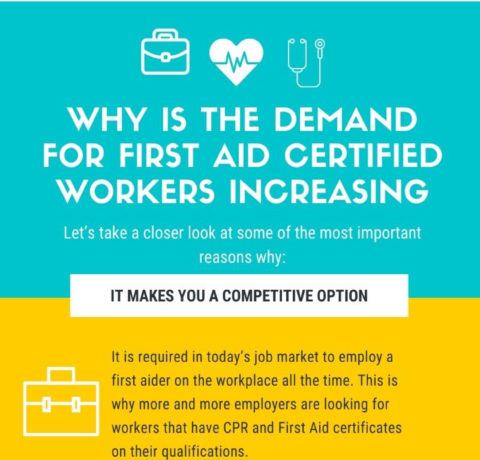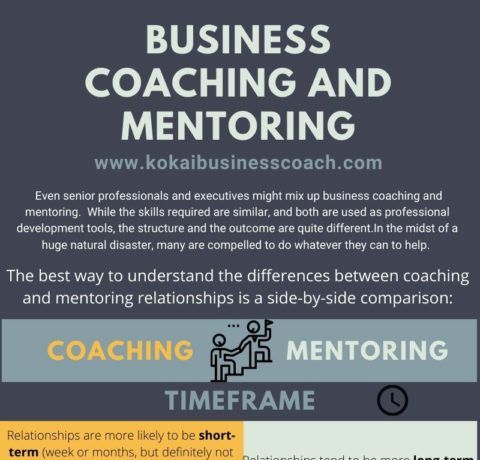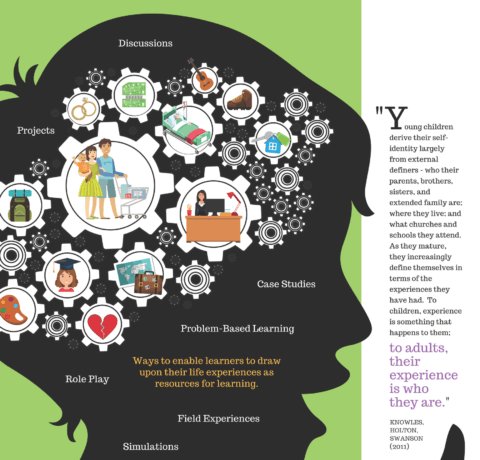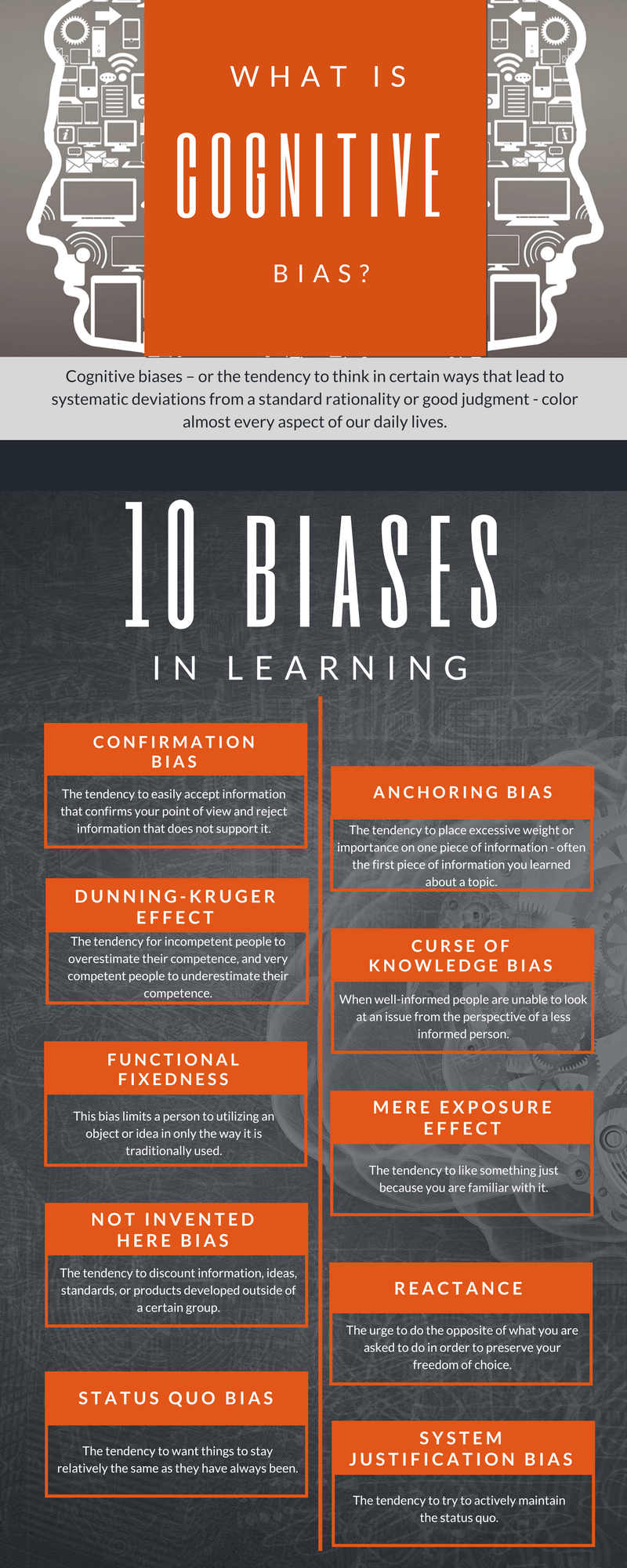Cognitive Bias In Learning Infographic
Cognitive biases – or the tendency to think in certain ways that lead to systematic deviations from a standard rationality or good judgment - color almost every aspect of our daily lives.
We all have them, whether we want to admit it or not. Cognitive biases develop throughout our lives as we learn from experiences and begin to take "mental short-cuts" to navigate situations and make decisions.
They are usually an indication of our values and beliefs, and in many cases, cognitive biases can be helpful – they can help us make decisions more quickly in situations where time is of the essence. They can also help to keep us safe in times of heightened emotional or physical stress.
But cognitive biases in learning can also lead to bad judgments and a resistance to incorporating new information into our thought processes.
So what are some of these common biases that most of us fall back on consistently, but get in the way of learning?
1. Confirmation Bias
The tendency to easily accept information that confirms your point of view and reject information that does not support it.
2. Anchoring Bias
The tendency to place excessive weight or importance on one piece of information - often the first piece of information you learned about a topic.
3. Dunning-Kruger Effect
The tendency for incompetent people to overestimate their competence and very competent people to underestimate their competence.
4. Curse Of Knowledge Bias
When well-informed people are unable to look at an issue from the perspective of a less informed person.
5. Functional Fixedness
This bias limits a person to utilizing an object or an idea in only the way it is traditionally used.
6. Mere Exposure Effect
The tendency to like something just because you are familiar with it.
7. Not Invented Here Bias
The tendency to discount information, ideas, standards, or products developed outside of a certain group.
8. Reactance
The urge to do the opposite of what you are asked to do in order to preserve your freedom of choice.
9. Status Quo Bias
The tendency to want things to stay relatively the same as they have always been.
10. System Justification Bias
The tendency to try to actively maintain the status quo.







You can adjust your cookie preferences here.